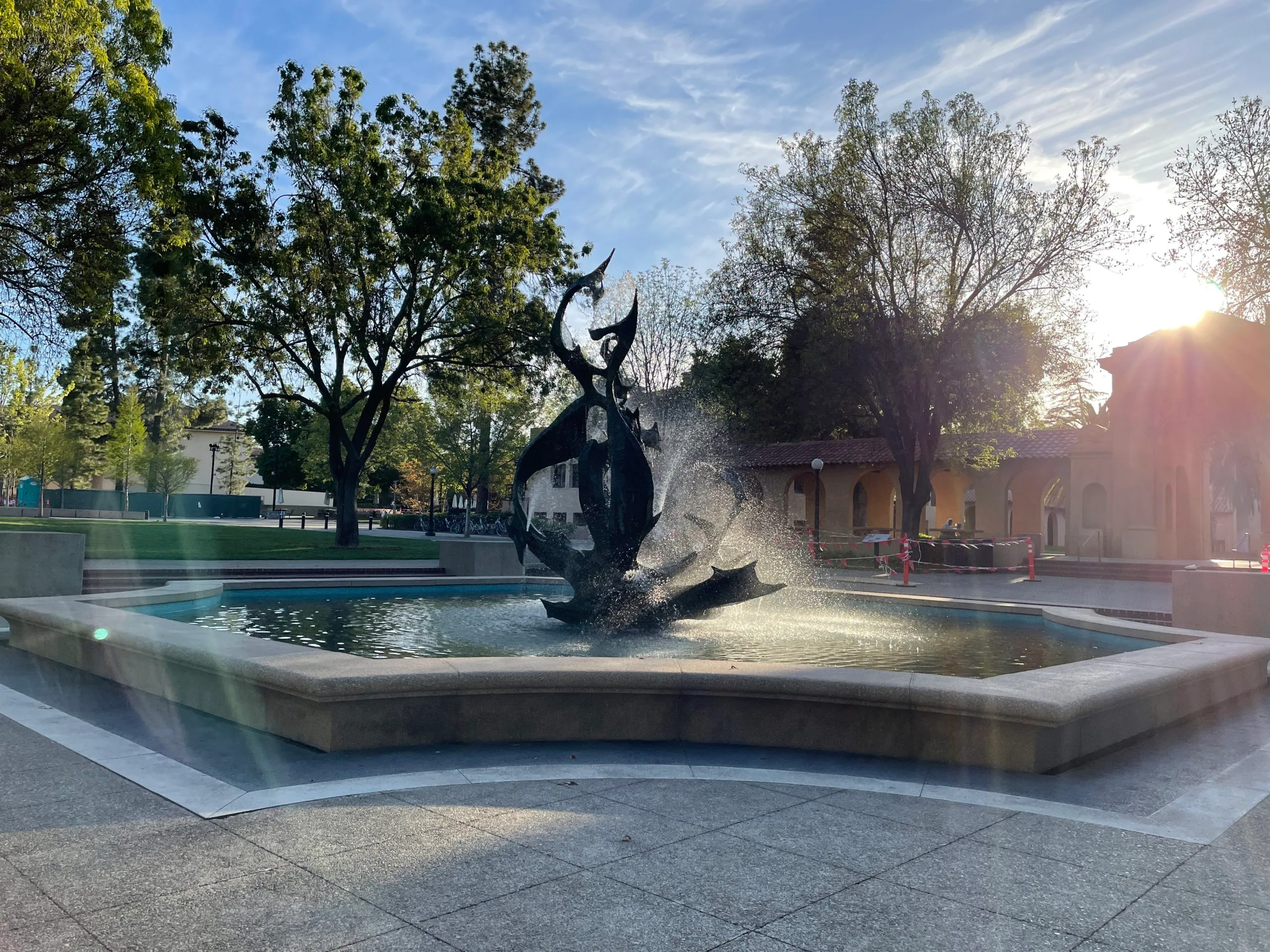There is a real possibility that pro-Palestine students face conduct charges due to their involvement in the People’s University encampment. The University is addressing academic dishonesty in a time of rapidly advancing generative artificial intelligence (AI) tools. New security cameras on campus have prompted students to raise privacy and criminal justice concerns. Stanford has also faced multiple leadership transitions over the past year. To say that the Office of Community Standards (OCS) faces a unique campus climate would be the understatement of the century.
OCS is an office for which student buy-in is critical. University policy dictates that the Hearing and Appeals Panels that adjudicate conduct cases against students have student members. Students cannot be expected to cooperate as witnesses regarding conduct investigations if they do not trust OCS to enforce rules fairly and transparently.
Yet the selection of the current OCS director involved no serious student input. While the University understood the importance of student representation in the VPSA and VPUE, provostial and presidential searches, there was nothing for the OCS search. The University solicited student input when it came to undergraduate advising, academic accommodations, residential life and the campus community centers. It failed to do so for the office at the heart of issues as pressing as campus protests, identity-targeted discrimination and campus surveillance.
The OCS director previously worked in Stanford’s Office of the General Counsel (OGC). There is perhaps no office more isolated from the students themselves than that. The OCS director’s complete absence from open meetings with students’ elected leaders and their attendance, albeit occasional, of Faculty Senate meetings gives students little reason to believe that OCS is being led by someone that is responsive to student views. Now more than ever, OCS must earn students’ trust, and students must use every tool at their disposal to force the office to do so.
To earn student trust, OCS could hold town hall listening sessions to hear directly from the student body. OCS would engage with student concerns on the specifics of its access to surveillance footage on campus. OCS would engage with student concerns on the tensions between free speech and campus safety, especially due to the possibility of violent outsiders giving student demonstrators a bad reputation. OCS would engage with student concerns on how fairness in Honor Code enforcement can be ensured despite wide variation in faculty implementation of AI policies. More intimate, closed-door listening sessions with student groups like the Jewish Student Association, Muslim Student Union and Black Student Union would also be a great step forward. OCS seriously recognizing the student body reduces the perception of administrative red tape stifling student voices.
OCS committing to this increased accountability would introduce much needed policy transparency to address surveillance abuse and distinctions between protected and unprotected forms of expression. Secrecy on these matters causes students to speculate on what the true intentions of OCS are and whether or not its duty to protect students is a genuine one. Students approaching OCS with an us-versus-them mentality would destroy the foundation of trust that OCS, in theory, relies upon. The first step towards students trusting OCS again is them feeling that the office takes their concerns seriously, rather than having a top-down imposition of mandates from an administrative ivory tower.
I call on the ASSU president, Undergraduate Senate (UGS) and the Graduate Student Council (GSC) to pursue the extreme response that this situation calls for: stopping the panelist nominations process dead in its tracks. Panelists cannot be confirmed without the approval of the ASSU president, the UGS and the GSC. This is crucial because, as required by the Charter, panels overseeing charges against an undergraduate student are required to include an undergraduate student panelist, and the same goes in the case of graduate students. This unprecedented response is well within the powers of the ASSU.
To even consider confirming the next slate of panelists, the ASSU should demand the presence of the OCS director at an open meeting to answer questions on free speech, hate speech, academic integrity, panelist training and more. The ASSU should demand that the OCS director, because of their work with the Board on Conduct Affairs, make serious pushes for transparency when issues students care about protected speech and the Honor Code are discussed. If there are no serious efforts taken to earn the trust of students back, then the ASSU should undergo a vote of no confidence in OCS — much like how the GSC initiated their own vote of no confidence in University leadership on issues of affordability.
Long before the People’s University was established, the Blue and White Tent reached Congress or even the Sit-In to Stop Genocide was founded, students already harbored serious mistrust. Last year, the Faculty Senate threatened to force proctoring on students in defiance of not only the UGS’s opposition to proctoring but also a 102-year precedent of deferring to students on academic integrity. This was described by senators at the time as “a disregard for undergraduate student voices” and “the democratic process.” This has only been exacerbated by concerns of administrative inaction, the remote possibility of commencement being canceled and the presence of violent agitators on campus. These issues cannot be left to some administrative ivory tower.
Students cannot naively assume that OCS will suddenly see the light and better itself the next day. Students know all too well about the constant ASSU campaign promises of advocating for students in the face of administrative bureaucracy and unaccountable decision making. OCS is the embodiment of both. The ASSU must act now to finally live up to its promises.
